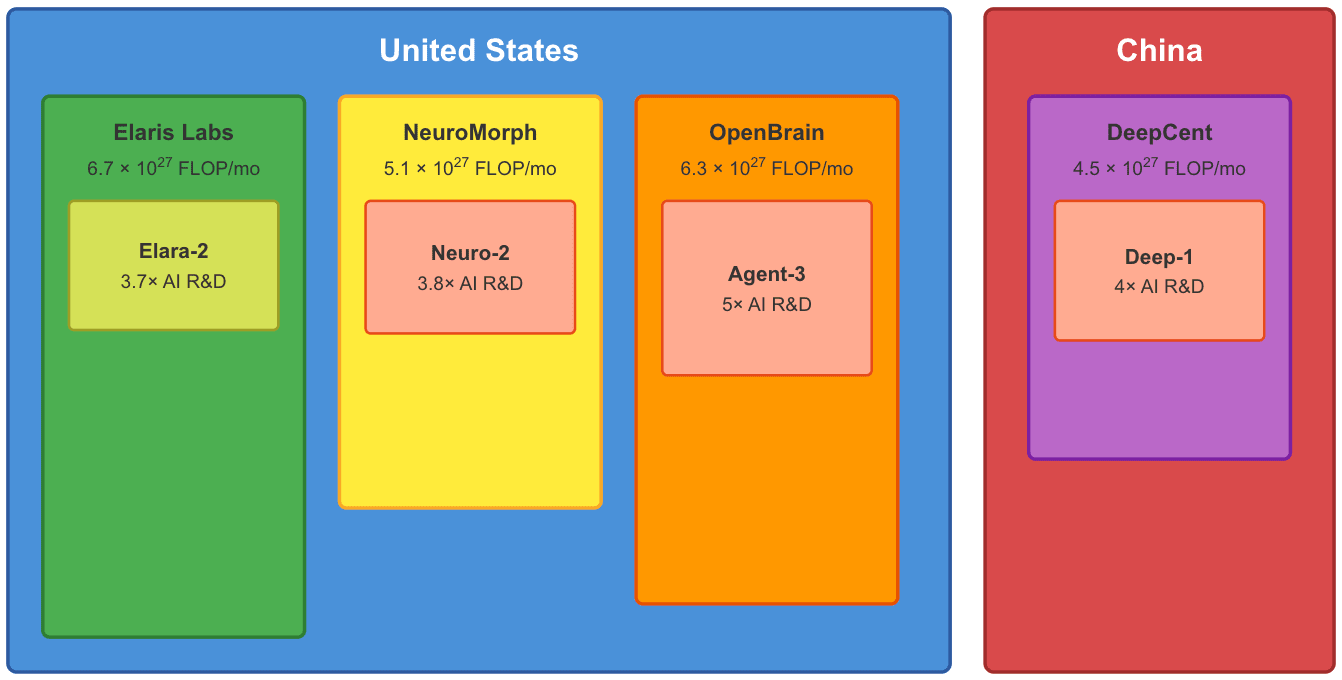The U.K. government's approval of Advent International's £2.6 billion acquisition of Ultra Electronics underscores a pivotal moment in defense industry dynamics, particularly concerning national security and foreign investment. This decision follows extensive deliberations regarding the implications of selling a company that produces sensitive defense technologies, including nuclear submarine systems. The scrutiny mirrors previous evaluations, such as Advent's acquisition of Cobham, where national security risks were paramount. The U.S. government's potential restrictions on intelligence cooperation if the deal were blocked added pressure, highlighting the intricate balance between national interests and international partnerships in defense sectors.
To facilitate the acquisition, Advent has agreed to stringent conditions, including the establishment of separate legal entities for Ultra's sensitive operations in the U.K. and the appointment of non-executive directors to oversee these entities. Analysts like Howard Wheeldon view this approval as beneficial for future investments in high-tech defense capabilities, emphasizing the importance of Ultra's global operations. This decision reflects a broader trend of U.S. companies acquiring British defense firms, with additional pending deals, such as Parker Hannifin's bid for Meggitt and Viasat's acquisition of Inmarsat, awaiting government approval. The outcomes of these transactions will significantly shape the landscape of the U.K. defense industry and its relationship with international partners.








